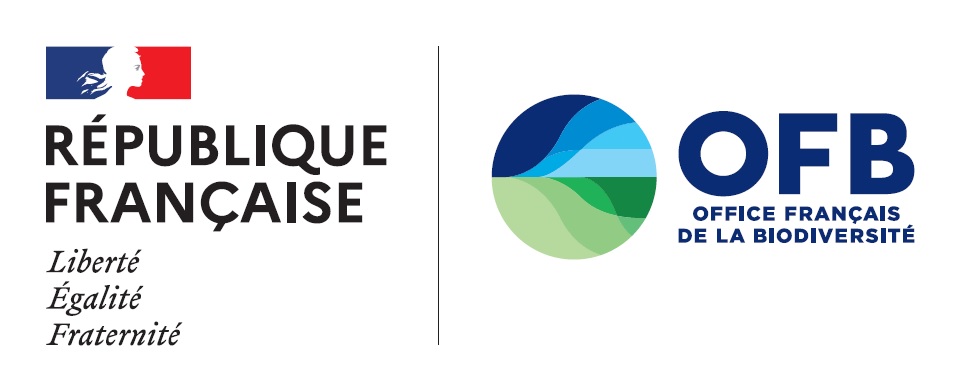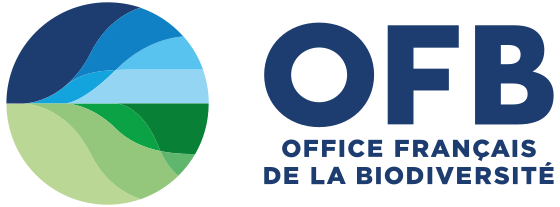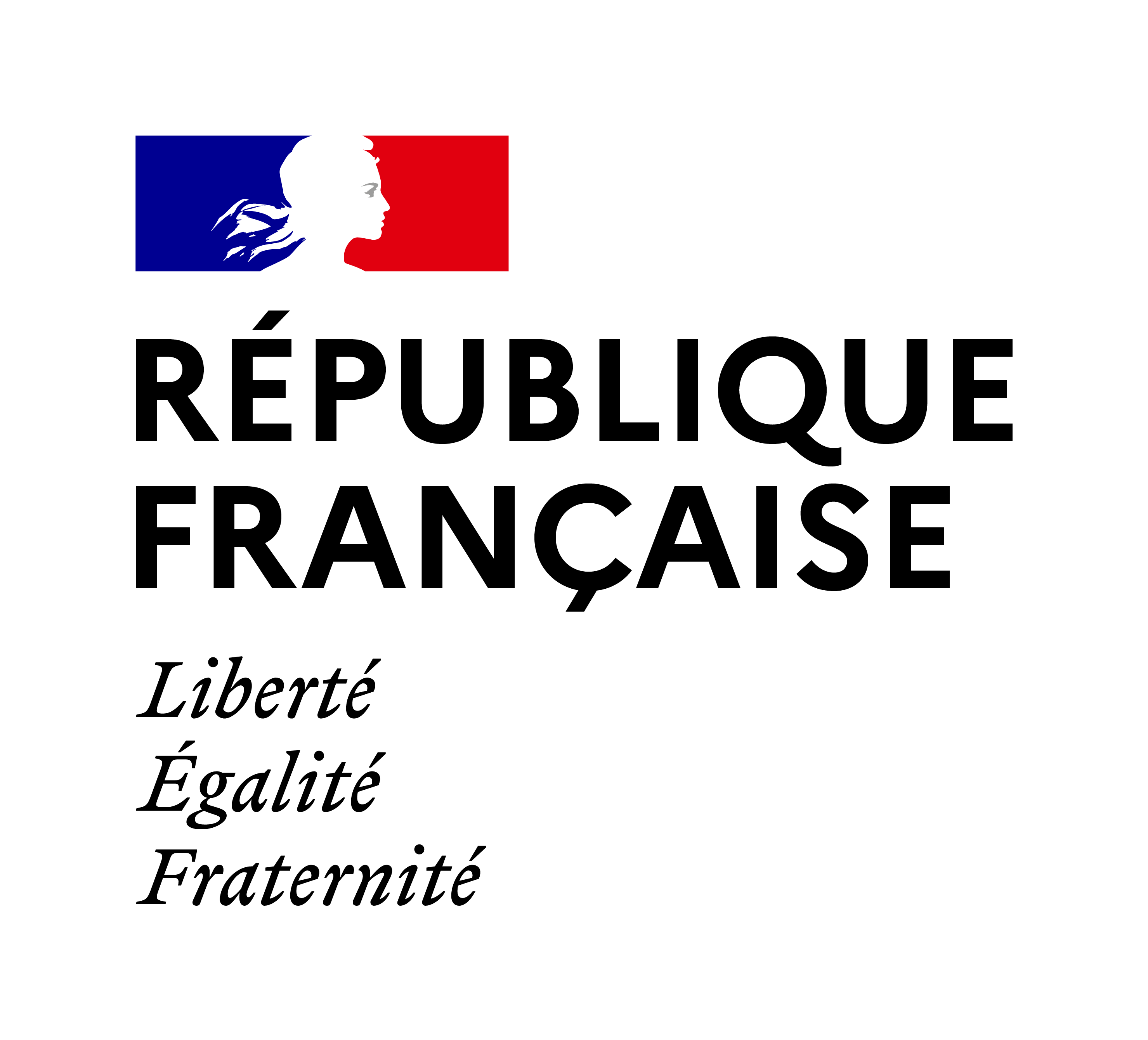Recherche sur le site
Recherche libre
Changement climatique et étiages : le point sur les actions de recherche - n°17 | Rencontres |
Les orientations de la recherche française en hydrologie quantitative étaient au coeur de cette réunion prospective. Parmi les sujets phares abordés : les problématiques couplées du changement climatique et de la gestion des étiages, enjeu sociétal et écologique majeur. Compte-rendu.

L’eau : ingénierie d’un continuum - n°16 | Rencontres |
La notion de continuum aquatique apparaît centrale pour appréhender les écosystèmes aquatiques : elle souligne la nécessité d'une approche intégrative de la gestion de l'eau, tant spatiale que temporelle. Insérer ce concept dans l'ingénierie des écosystèmes est un défi majeur. Comment inscrire l'ingénierie écologique dans une gestion durable de l'eau : telle était la question centrale de ces rencontres.

Plan de sauvegarde de l’anguille : optimiser la conception et la gestion des ouvrages - n°15 | Rencontres |
Le programme de R&D Anguilles-ouvrages a impulsé sur 3 ans 18 actions de recherche pour optimiser la conception et la gestion des ouvrages, dans une optique de protection du migrateur. Au programme du séminaire de restitution : un éventail de solutions et d'outils qui ouvrent la voie à une réponse concertée des acteurs économiques, face aux défis de la restauration de l'espèce.

Nos rivières : un atout pour notre territoire - n°14 | Rencontres |
Restaurer une rivière grâce à un éventail de solutions éprouvées constitue un atout fort pour un territoire. C'est par exemple développer la biodiversité ou contribuer à la lutte contre les inondations, mais aussi disposer d'un espace de loisirs attractif pour les habitants. Au programme de cette table ronde organisée lors du Salon des maires et des collectivités de 2011 : des témoignages d'élus autour d'exemples concrets de restauration de cours d'eau et de services ainsi rendus à la société.

État des eaux et directive cadre sur l’eau : le point sur les méthodes d’évaluation - n°13 | Rencontres |
Dans la perspective du 2e cycle de gestion de la directive cadre sur l'eau (DCE), l'année 2011 a constitué une échéance-clé pour le développement et la mise en conformité des méthodes d'évaluation de l'état des eaux. Au programme de ces rencontres : un zoom sur la bioindication, le point sur l'état d'avancement et les perspectives d'évolution des méthodes d'évaluation de l'état des eaux en France, ainsi que sur les outils du système d'évaluation de l'état des eaux (SEEE).

Gestion des poissons migrateurs - Mise en oeuvre de la stratégie nationale pour la gestion des poissons migrateurs - n°12 | Rencontres |
Après plus d'un an de travail et de réflexion, la stratégie nationale de gestion des poissons migrateurs voit le jour. Ce séminaire technique a permis aux différents services de l'État concernés de se familiariser avec les nouvelles orientations politiques. Cette stratégie se construit autour d'une idée forte : tous les acteurs de terrain ont aujourd’hui l'opportunité de mettre en oeuvre des synergies qui permettront d'atteindre les objectifs fixés.

[Vidéos] 2 webinaires herbacées et Végétal local : semer en restauration écologique et milieu urbain - 18 et 25/11 | Article - Actualité |
Les webinaires ont pour sujet : #1 - Semer Végétal local en restauration écologique et #2 : Végétal local en milieu urbain, (ré)concilier fleurissement et biodiversité. Ils sont principalement à destination des prescripteurs et gestionnaires : paysagistes-concepteurs, collectivités, bureaux d’études, gestionnaires d’espaces, services instructeurs de l’Etat et des collectivités… et également aux producteurs, semenciers ou horticulteurs qui souhaitent en savoir plus sur cette filière émergente.
Traitement des eaux usées, des boues et des matières de vidange pour les petites et moyennes collectivités - n°11 | Rencontres |
Apporter et diffuser des outils opérationnels aux acteurs français de l'assainissement pour répondre aux enjeux réglementaires et de protection des milieux aquatiques, tel était le principal objectif de ce colloque organisé lors du salon Pollutec de 2010. Les priorités en matière de recherche et d'innovations futures en lien avec des besoins opérationnels ont aussi été débattues.

Les espèces exotiques envahissantes dans les milieux aquatiques, vol. 2 - Expériences de gestion | Comprendre pour agir |
Ce 2e volume présente plus de cinquante expériences de gestion d'espèces exotiques envahissantes, menées en France métropolitaine et en Europe. Il offre une base de réflexion et une aide à la mise en place d’actions de gestion, pour et par les gestionnaires.

Identifiée depuis plus de 30 ans comme un enjeu sanitaire majeur, la protection des captages d'eau potable vis-à-vis des pollutions agricoles diffuses s'impose aujourd'hui comme une urgence réglementaire (directive cadre sur l'eau, Grenelle environnement). De cette rencontre a découlé une abondante moisson d'expériences vécues, de solutions techniques, d'analyses et d'interrogations. Tour d'horizon.






